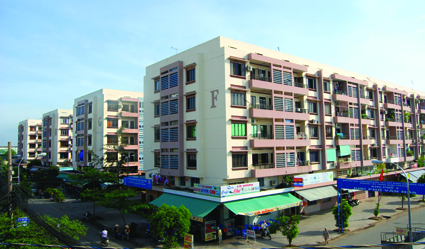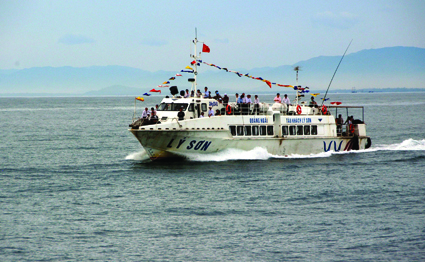Numerous preferences will be given to waste-to-energy power plants as provided in Prime Minister Decision No. 31/2014/QD-TTg of May 5.
Accordingly, the master plan on waste-to-energy is a national specialized electricity master plans.
As solid wastes used for electricity generation are industrial waste, household waste, rubber, leather, plastic, paper pulp residue and hospital waste, these plants will help solve the environmental pollution issue in big cities and urban areas.

__Photo: Huy Hung/VNA
Therefore, investors investing in waste-to-energy plants will receive support in term of investment credit, tax incentives, electricity price subsidies, etc.
Specifically, investors will be allowed to mobilize capital from individuals and organizations at home or abroad for investing in such projects and enjoy investment credit preferences under the current regulations on state investment and export credit.
Regarding taxes, imported fixed assets of these projects will be exempt from import duty. Investors will enjoy corporate income tax reduction or exemption for projects eligible for investment incentives provided by law.
Land rent and land use levy for the construction of power plants, electricity line works and electrical substations for hooking to the national electricity grid will also be reduced or even exempted.
Based on the master plan approved by competent authorities, provincial-level People’s Committees will allocate land areas for these works.
Waste-to-energy plant projects will get electricity price subsidies. Specifically, power plants directly burning solid wastes may sell electricity at the price of VND 2,114/kWh; if using gas from solid waste landfills, they may sell electricity at VND 1,532/kWh.
This Decision will take effect on June 20, 2014.-


